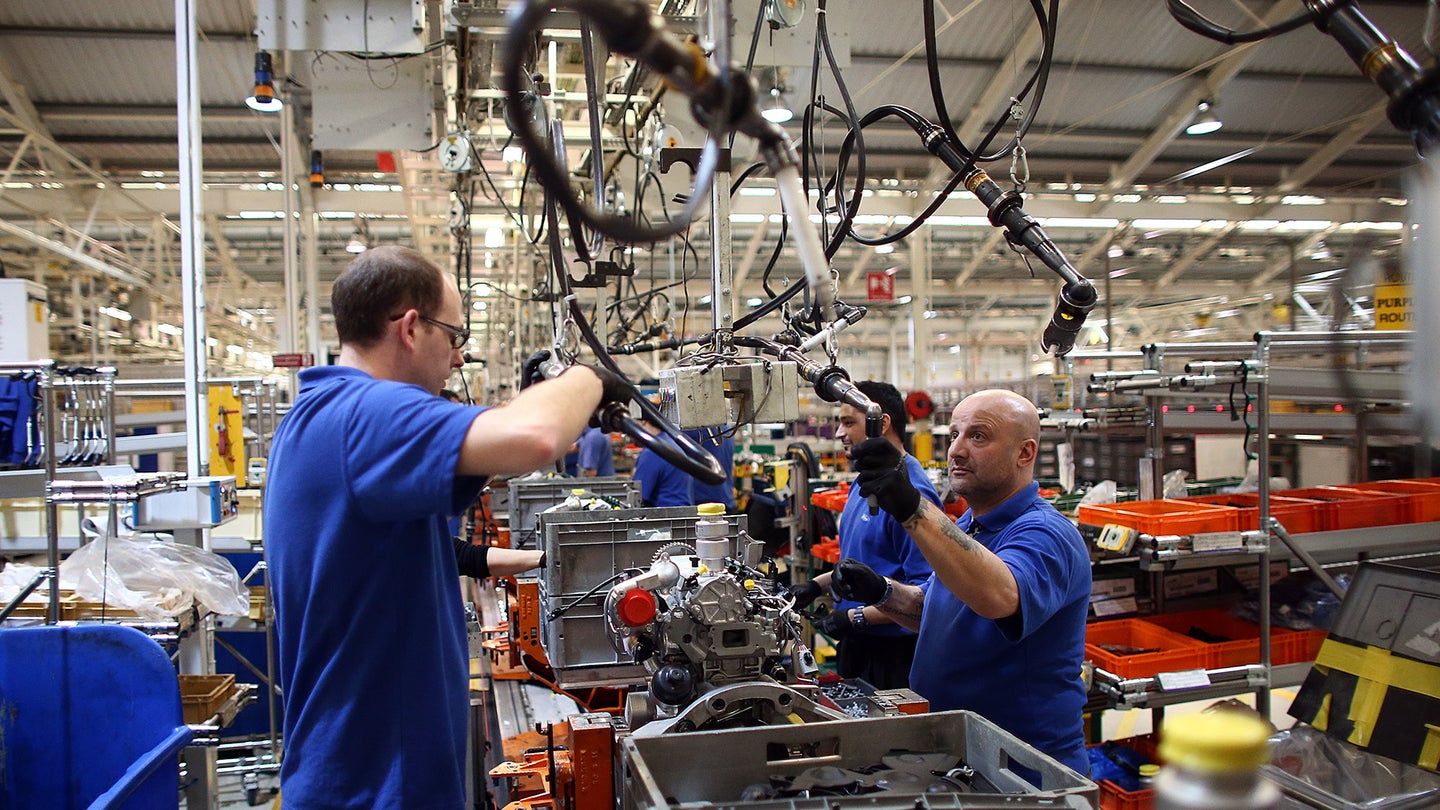Ford Reportedly Moving EV Production to Mexico, Equipping Detroit with Autonomy
Ford moving to prioritize self-driving development in the States while moving its future EV production to Mexico.

Despite the initial politically-driven controversy, it looks like Ford is reportedly moving to Mexico after all. Initially gathered by information in a memo obtained by Automotive News, Ford will be ditching its plans to manufacture a 300-mile range electric crossover in the United States. However, not all is lost, because an interesting and autonomy-focused mindset was taken when the decision was made.
Ford will reportedly continue along with its plans to manufacturer the crossover, beginning production as early as mid-2020, however its Flat Rock, Michigan plant will not be its home. Instead, Ford will be assembling the vehicle at its Cuautitlan Stamping and Assembly Plant in the heart of southern Mexico. Ford has been operating this particular plant in full swing since 1964 and has pumped out more than 2.2 million vehicles, including the Crown Victoria, Mustang, and F-series trucks. Currently, the only vehicle which remains in production at this facility is Fiesta, however, that is soon to change.
According to the memo, Ford believes that moving the Battery Electric Vehicle production to its Mexico plant will allow it "to bring this exciting new vehicle to global customers in a more effective way to support [its] overreaching business goals."
As for the future of its Flat Rock Assembly plant, Ford sees it as being the future "AV center of excellence". While battling other automakers to produce self-driving cars on a consumer level, Ford also announced its intent to commercialize its self-driving cars, meaning that it would be equipped with more durable components and able to face higher overall mileage. This could mean that early testing of its autonomous program may revolve around its Lincoln Continental, one of the vehicles currently in production at the plant (the other being the Mustang).
By 2021, the automaker plans to be producing self-driving cars at scale, meaning that more and more consumer vehicles would be equipped with autonomous features, which Ford claims to be fully self-driving. To align with the plan to make its push geared towards commercial applications, this could also result in more taxis, police cars, delivery vehicles, and ride-sharing services all making use of Ford's future tech-to-be.
Earlier this week, Ford announced that it would be investing $200 million into its self-driving project, as well as creating an additional 150 jobs, despite the United Automobile Workers' belief that Ford's push for autonomy and electrification would result in substantial job losses.
